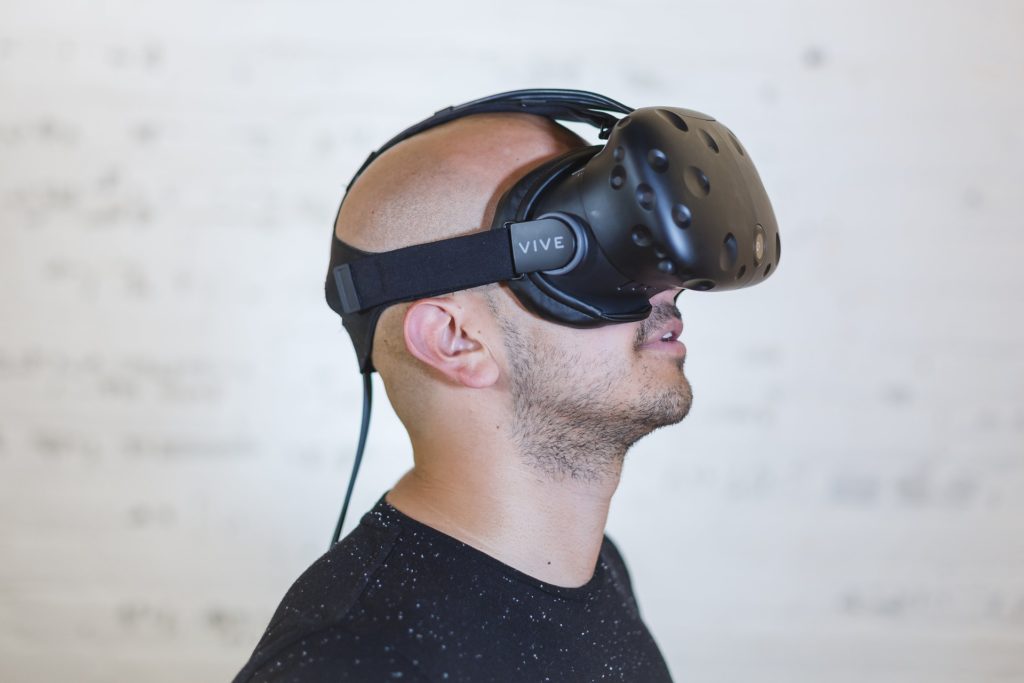Researchers at the Massachusetts Institute of Technology (MIT) said on 16 May they had created a “new computational model that captures how individuals might have been taught to think about race in their upbringing”.
According to MIT, this new model of “racial and ethnic socialization” – which was presented at the AAAI 2019 Spring Symposium – could have the potential to enhance video game simulations while simultaneously “facilitating training for teachers and students who might encounter racial issues in the classroom”.
The researchers embedded the model in a virtual reality software prototype called “Passage Home VR” which “serves up an immersive story, grounded in social science work conducted in the physical world on how parents socialize their children to think about race and ethnicity, both verbally and nonverbally, and the impact on how individuals perceive and cope with racial stressors”.
In the game, the user assumes the virtual identity of an African American girl whose high school teacher has accused her of plagiarizing an essay when, in fact, the character is a passionate, high-achieving English student who took the assignment very seriously and wrote the essay herself.
As users navigate the discriminatory encounter with the teacher, the ways in which they respond to the teacher’s actions — with different body language, verbal responses and more — influence the outcome and feedback presented at the end of the game.
The researchers said they found that “the experiences people have [had] in their lives with how they have been socialized to think about the role of race and ethnicity in society — their racial and ethnic socialization — influence their behavior in the game”.
The majority of the 17 participants in the study who tested the game were identified by the game as “colorblind”, which researchers later “confirmed” through semi-structured verbal interviews. These users were “less likely to explicitly mention race” in “thematic analyses of the story of the game”.
A smaller number of users “displayed in-game behavior” that identified them as “having other socialization strategies” – such as “alertness to discrimination” or “preparation for bias” – the researchers added.
“People are socialized to think about race in a variety of ways — some parents teach their children to ignore race entirely, while others promote an alertness to racial discrimination or cultural pride,” D. Fox Harrell, professor of digital media and of artificial intelligence at MIT, said in a statement.
“The system we’ve developed captures this socialization, and we hope that it may become an effective tool for training people to be thinking more about racial issues, perhaps for teachers and students to minimize discrimination in the classroom,” he said, noting that users choices in the game “were aligned with their real-world socialization of these issues”.
Harrell, who is also director of the MIT Center for Advanced Virtuality, where he designs virtual technologies to stimulate social change, added that his lab is “preparing to deploy and study the efficacy of “Passage Home VR” as a professional development tool for teachers”.
“Learning with virtual reality can only be effective if we present robust simulations that capture experiences as close to the real-world as possible,” he said. “Our hope is that this work can help developers to make their simulations much richer, unlocking the power to address social issues.”
“As video game developers, we have the ability within virtual worlds to challenge the biased ideologies that exist in the physical world, rather than continue replicating them,” says Danielle Olson, a PhD student in MIT’s Computer Science and Artificial Intelligence Laboratory (CSAIL), whose dissertation project includes the work reported at the symposium.
“My hope is that this work can be a catalyst for dialogue and reflection by teachers, parents, and students in better understanding the devastating social-emotional, academic, and health impacts of racialized encounters and race-based traumatic stress,” she added.



Leave a Reply